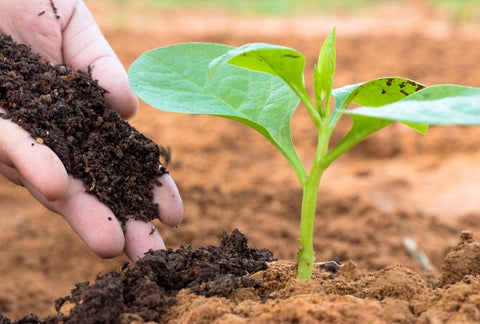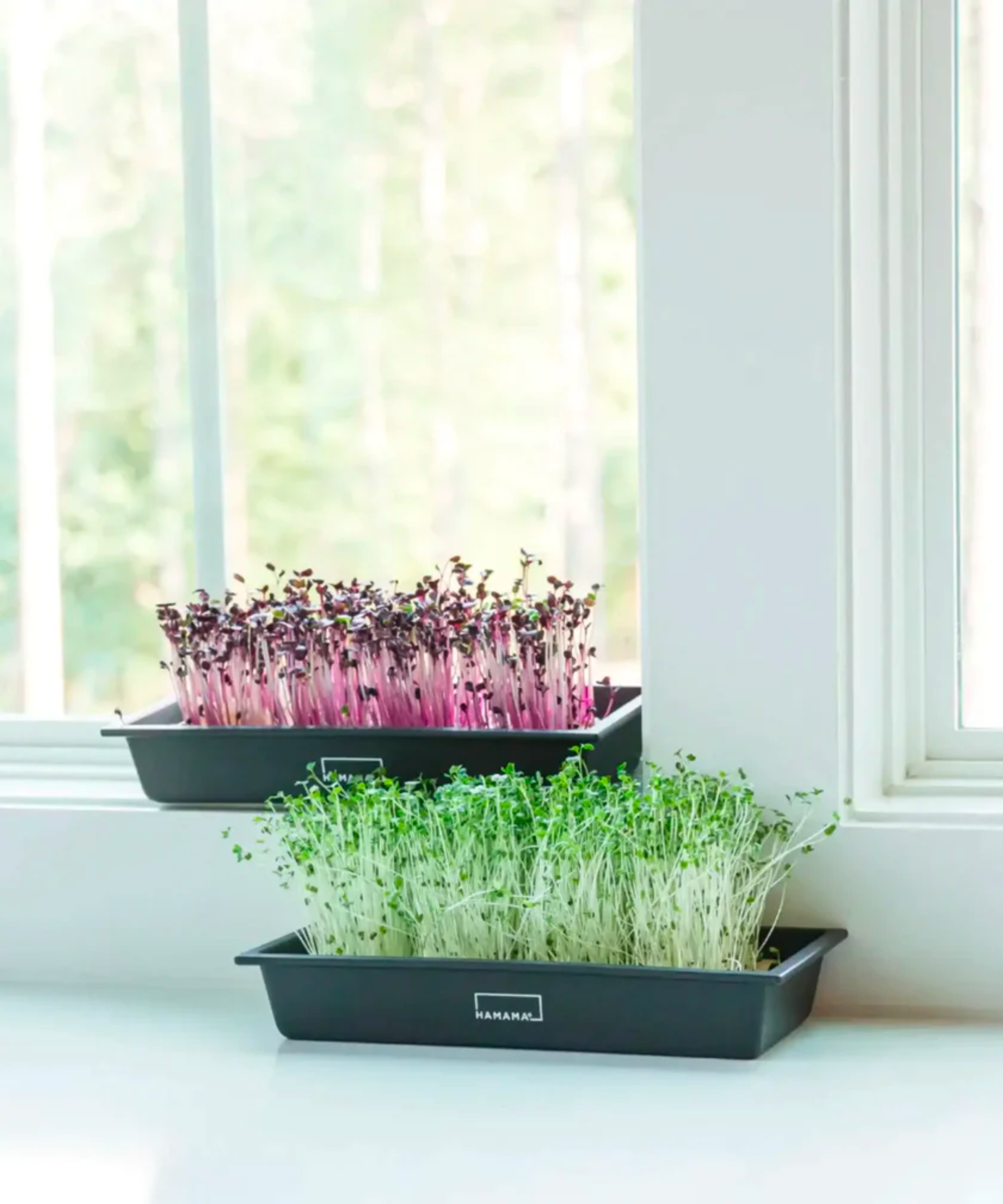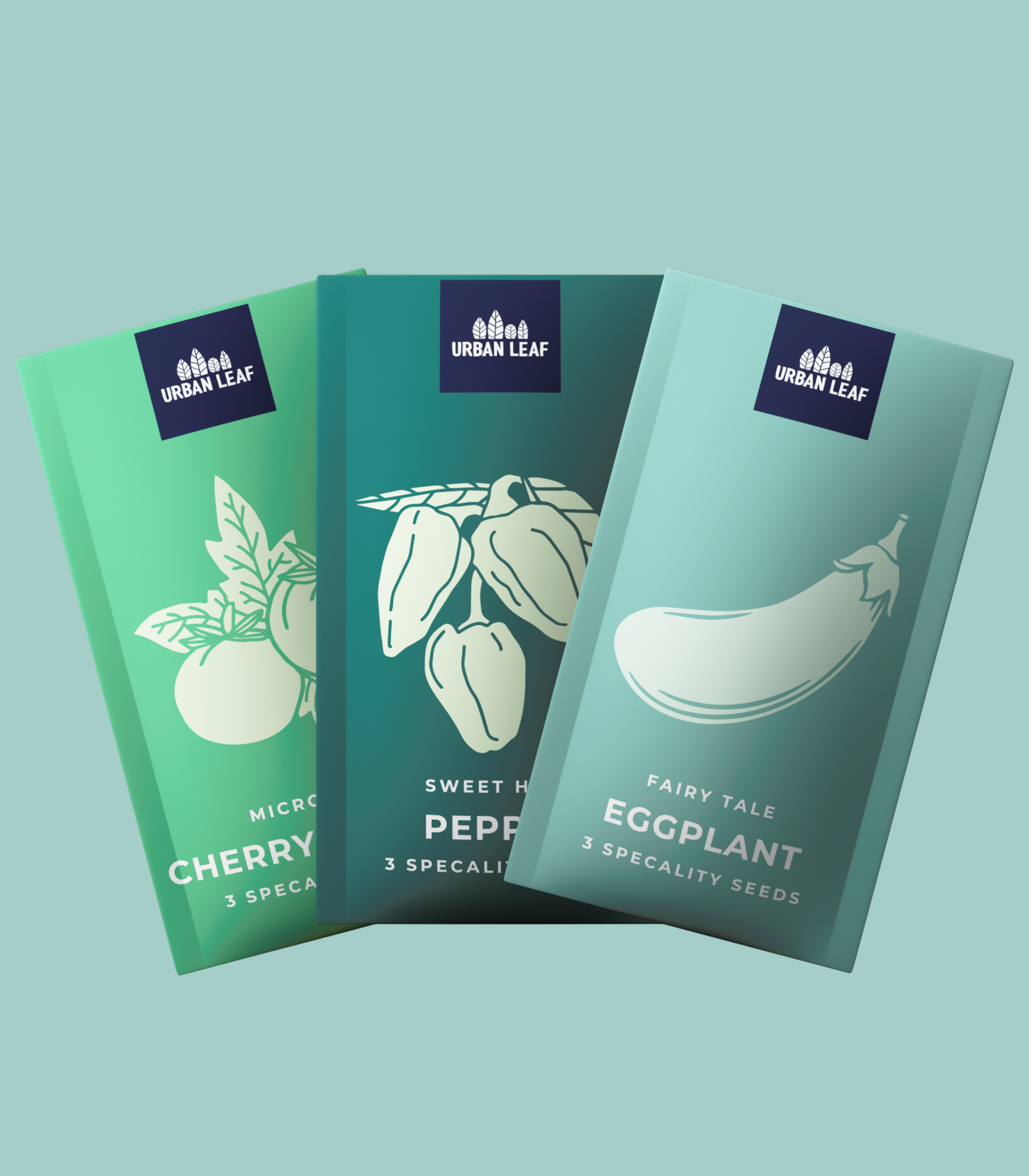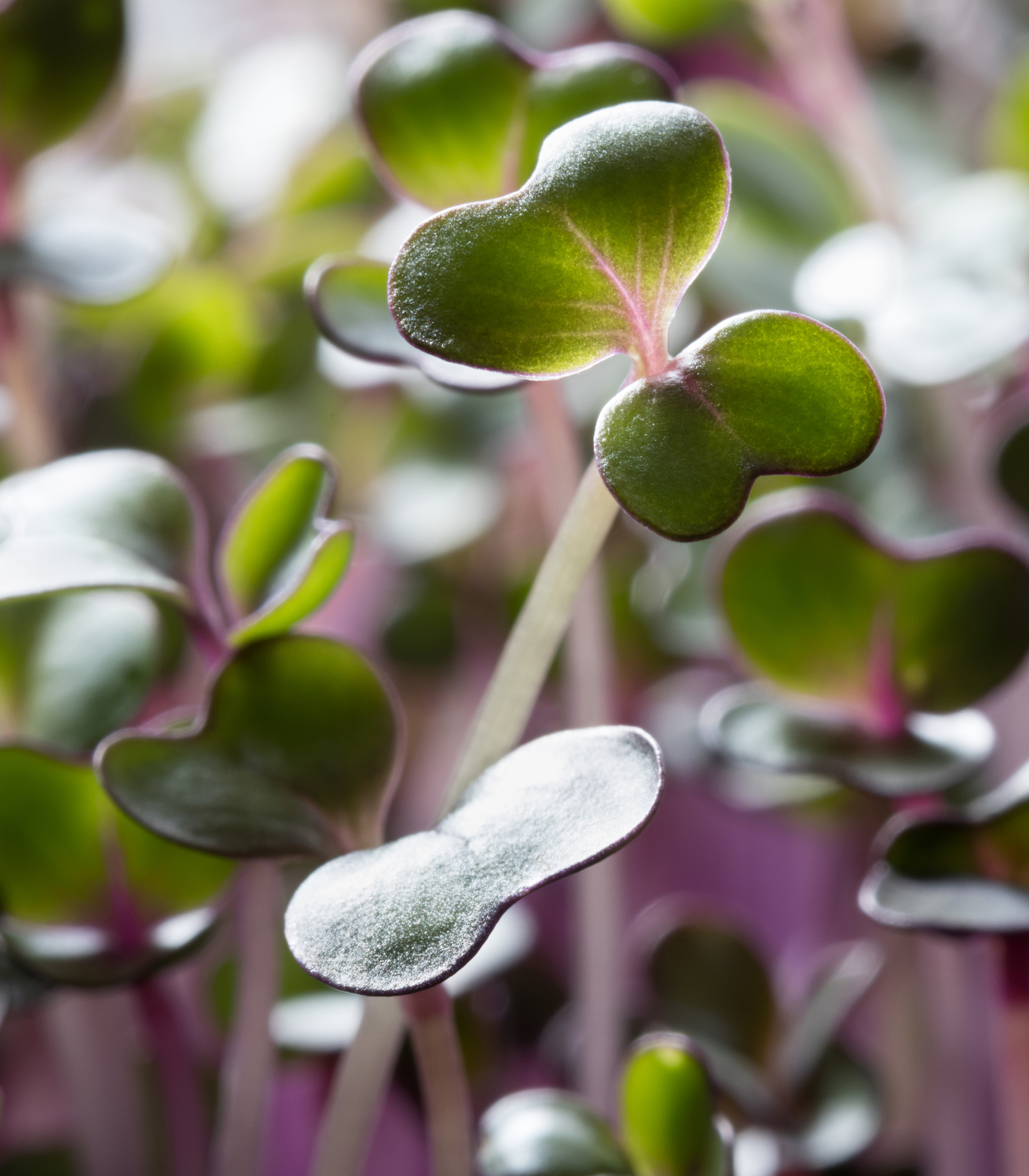Many gardeners and plant owners have the same question: Do I need to fertilize my plants? If so, how often and which fertilizer should I use? Look no further, because in this blog we will cover an overview of the different reasons you should fertilize the soil in which your plants grow, as well as the best methods and fertilizers for doing so. We also created a Youtube video about this topic, which you can watch below.
When to Fertilize Plants
First, let’s discuss the reasons that you should fertilize your plants. The most common reasons you may need to fertilize your plants can be broken down into the following categories:
Remedial plant care
Remedial fertilization becomes necessary when the soil has some nutrient deficiency that is preventing a plant from achieving optimal growth. Nutrient deficiencies are usually indicated by leaf discoloration, leaves falling off, and slower than average growth.
Regular soil care
Depending on the plant, you may need to fertilize its soil regularly, such as on an annual basis with slow-release fertilizer. Annual fertilizations with a mild granular fertilizer will benefit almost every plant.
Maximizing output
For fruiting and flowering plants, an extra nutrient boost can maximize yields and help you get the best harvest from your plant. Although usually not totally necessary, a nitrogen fertilizer side-dressing one or two months into the growing season benefits many vegetable plants.
When repotting
When bringing home a new plant or transferring one to a larger pot, you should generally add fertilizer to ensure your plant has access to nutrients in the soil for years to come. If a plant has outgrown its last pot, it has probably also depleted the nutrients in that soil.
Remedial Plant Care

Sometimes, your soil will run out of an essential nutrients. This can happen for several reasons, but unfortunately usually manifests in negative symptoms for your plants. Although nutrient deficiencies are fairly common, and will likely be encountered by every gardener at some point, you should first ensure that the plant is not merely suffering from a lack of access to light or water before adding fertilizer to your plant’s soil.
There are many different nutrient deficiencies that can affect your soil, although, for crops and potted plants, the most common deficiencies are nitrogen and phosphorus. Calcium deficiency is important to watch for as well, especially with fruiting plants such as tomatoes and peppers. Specialized plant fertilizers will help to address these issues.
The indicators of soil nutrient deficiencies are varied, but here are some useful guides to help you diagnose your plant’s problems:
- https://extension.arizona.edu/sites/extension.arizona.edu/files/pubs/az1106.pdf
- https://ipm.missouri.edu/meg/2011/6/Diagnosing-Nutrient-Deficiencies/
Regular Plant Fertilization
Plant fertilizer will need to be applied to the soil of houseplants and vegetables at somewhat regular intervals since the plant is consuming nutrients that aren’t being replaced the same way it would be in its natural environment. For vegetables and herbs, fertilization is best done at the beginning of spring, just as plants are exiting their dormant winter stage and preparing to undergo fast growth. If you fertilize during the winter months (which your plant knows because of low light and temperature changes) the fertilizer will not be absorbed as readily by the plant and will either degrade or run off with watering. The same seasonal fertilization rule generally goes for house plants, although regular fertilization is not as crucial since ornamental house plants don’t yield edible produce.
For regular plant fertilization, it is best to use organic fertilizers, since they release slower and have a much lower risk of shocking your plants. For an easy-to-use and super-effective organic fertilizer, check out Joyful Dirt.
Maximizing Output For Edible Plants
Fertilizing your plants just before they enter their fruiting stage can be a very rewarding initiative. The best time to fertilize for increased yields is right as flowers begin to form, or before vegetables start developing. Adding plant fertilizers at this stage of growth will increase the size of your flowers and fruit. This is usually done with a nitrogen-rich fertilizer such as fish emulsion. Just be sure to follow the directions on the fertilizer label closely so as not to overwhelm your plant, since doing so can be counterproductive if not handled properly.
Repotting
It is always a good idea to add plant fertilizer when repotting your houseplant or seedlings. Seedlings should be given fertilizers in their new containers or beds. This is important since most seed starting mixtures are nutrient deficient as compared to quality potting soil. You need to provide nutrition to seedlings by their third or fourth week at the latest. For vegetables and edible herbs, nutrient-rich soil is particularly important.
Houseplants should be provided with quality nutrients in their soil, and repotting provides a natural opportunity to ensure they are treated as such. If you are repotting your houseplant because it is outgrowing its previous container, this is a particularly important point in your plant’s life where it will need additional nutrients. For houseplant seedlings or plants bought from a nursery, fertilizer should definitely be added, since these young plants will be experiencing rapid growth. For nursery-bought plants in particular it is almost impossible to ensure the soil they came in has sufficient nutrients. You should, therefore, supplement the soil during repotting with a plant-accessible organic fertilizer.
What Fertilizer Should I Use?
There are many great fertilizer options, so there are a number of factors you should consider when choosing a plant fertilizer. These factors include organic versus non-organic, ease of application, bio-availability, rate of absorption, and even if you have nosey pets. Certain issues – such as nitrogen deficiency – require specific solutions, and there are plenty of good online guides that will point you in the right direction for assessing your plant’s particular needs. The following fertilizers are some of the best general-use fertilizers for vegetable and herb gardening, indoor gardening, and houseplants. These fertilizers can all be used regularly, and will each provide a well-rounded mix of nutrients to your plants.
Note: many of the product links in this blog are affiliate links. You will pay no more by using them to make your purchase, however, we do make a small commission that helps pay our bills so we can spend time writing blogs like this one.
Joyful Dirt
Joyful Dirt is a well-formulated and easy-to-use general-purpose fertilizer. Simply sprinkle it around your plants and water it in, or create a solution in water and then use that to water your plants. Joyful Dirt has specialized blends for houseplants, succulents, and tomatoes/herbs as well. The all-purpose blend is one of the best basil plant fertilizers out there. Joyful Dirt’s organic fertilizer is one of the easiest to use, and it contains a host of ingredients that will foster soil health in addition to providing direct nutrients to your plant’s roots.
Fish Emulsion
Fish emulsion is an excellent all-around fertilizer for your garden. However, indoor gardeners beware: fish emulsion smells like a super-concentrated seafood market. If you don’t mind the smell, fish emulsion has a multitude of nutrients in a concentrated form, making it one of the most beloved and widely used organic plant fertilizers. Just be sure to dilute it according to the label. There are a number of quality fish emulsion plant fertilizer brands out there, but two of our favorites are “Neptune’s Harvest” and “Alaska.”
Jobe’s Granular Fertilizer or Fertilizer Spikes
A household name in the realm of organic fertilizers, Jobe’s fertilizers are a safe bet for getting quality nutrients to your plants. Their wide variety of fertilizer blends and forms will meet any gardener’s needs. Simply find the fertilizer that best suits your plants and follow the instructions for how to fertilize your plants. We have had particularly exceptional results using Jobe’s slow-release granular fertilizer to fertilize tomato plants.
Worm Castings

Readers of our blog and followers of our YouTube channel may know that here at Urban Leaf, we love worm castings. Not only are they one of our favorite soil amendments, but they are also a highly valuable slow-release fertilizer for plants. Worm castings can be used as top-dressing for your garden beds or container plants, where they can be left to slowly work into the soil. Or you can use worm castings to make worm casting tea, a nutrient and microbe-packed organic fertilizer solution to water your plants with. For more information on how to use worm castings, check out this guide.












There are no comments for this article. Be the first one to leave a message!